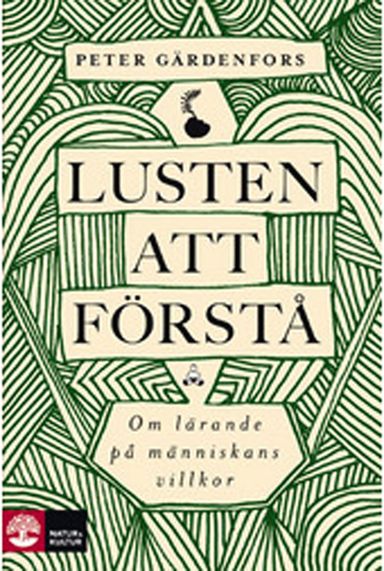

Narrative Means to Therapeutic Ends Upplaga 1
- Upplaga: 1a upplagan
- Utgiven: 1990
- ISBN: 9780393700985
- Sidor: 256 st
- Förlag: WW Norton & Co
- Format: Inbunden
- Språk: Engelska
Om boken
White and Epston base their therapy on the assumption that people experience problems when the stories of their lives, as they or others have invented them, do not sufficiently represent their lived experience. Therapy then becomes a process of storying or restorying the lives and experiences of these people. In this way narrative comes to play a central role in therapy. Both authors share delightful examples of a storied therapy that privileges a person’s lived experience, inviting a reflexive posture and encouraging a sense of authorship and reauthorship of one’s experiences and relationships in the telling and retelling of one’s story.
Åtkomstkoder och digitalt tilläggsmaterial garanteras inte med begagnade böcker
Mer om Narrative Means to Therapeutic Ends (1990)
I oktober 1990 släpptes boken Narrative Means to Therapeutic Ends skriven av Michael White, David Epston. Det är den 1a upplagan av kursboken. Den är skriven på engelska och består av 256 sidor. Förlaget bakom boken är WW Norton & Co.
Köp boken Narrative Means to Therapeutic Ends på Studentapan och spara pengar.
Referera till Narrative Means to Therapeutic Ends (Upplaga 1)
Harvard
White, M. & Epston, D. (1990). Narrative Means to Therapeutic Ends. 1:a uppl. WW Norton & Co.
Oxford
White, Michael & Epston, David, Narrative Means to Therapeutic Ends, 1 uppl. (WW Norton & Co, 1990).
APA
White, M., & Epston, D. (1990). Narrative Means to Therapeutic Ends (1:a uppl.). WW Norton & Co.
Vancouver
White M, Epston D. Narrative Means to Therapeutic Ends. 1:a uppl. WW Norton & Co; 1990.



















